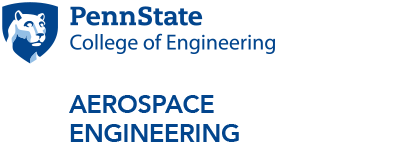Engineering career: Industry, government, and university …from student to professional… YOUR journey
Abstract: You have completed the requirements for your B.S. in engineering. Now what? Or, you have conducted some research, passed some courses, and penned a thesis, and the university confers your M.S. and/or Ph.D. degree. Congratulations! But now what career path will you follow?
Your science or engineering career can evolve along different paths depending on your career goals. Is graduate school in your future? Should you pursue a post-doc position? Should you become a faculty member at a university, a research engineer at a company, or a research scientist at a government laboratory? The presentation will provide some perspectives on industry, government, and university career paths to consider as you begin your journey.
Biosketch: Dr. Ronald Joslin has been the Program Director of the National Science Foundation (NSF) Fluid Dynamics Program since 2016. He supports research in biofluids, micro-scale flows, transition & turbulence, non-Newtonian flows, geophysical fluids, and renewable energy. Teaming with AFOSR, he supports research in hypersonics, and, working with NASA/CASIS, he supports research on the International Space Station. He is an engineering representative on cross-foundational teams to support research in Artificial Intelligence (AI), machining learning (ML), advanced algorithms, and advanced measurement techniques.
Prior to NSF, Dr. Joslin was a Program Officer at the Office of Naval Research for 15 years where he managed Turbulence, Stratified Wakes, Submarine Maneuvering, Ocean Energy, Multi-Platform Interactions and Supercaviation Programs. Prior to ONR, Dr. Joslin was on the faculty at Penn State for 2 years, and he led active and laminar flow control teams and conducted research at NASA Langley for 10 years.
He is an Associate Fellow of the AIAA and a Fellow of the ASME. Throughout his career, he has mentored students, faculty, and peers and has volunteered to visit us today to talk about careers.
Event Contact: Samuel Grauer



